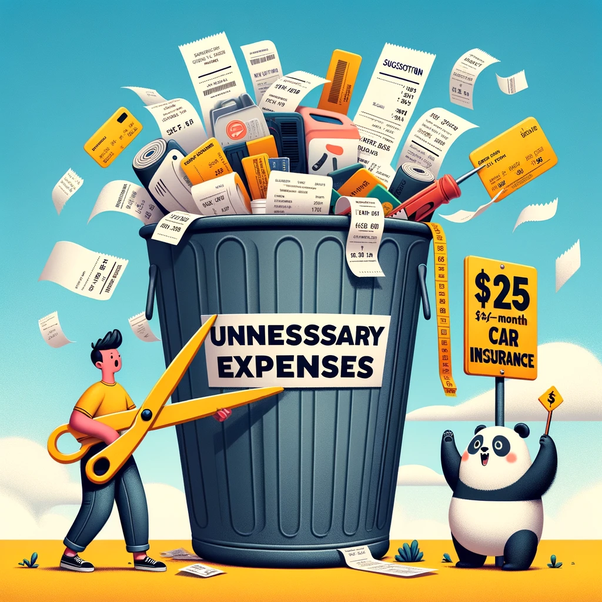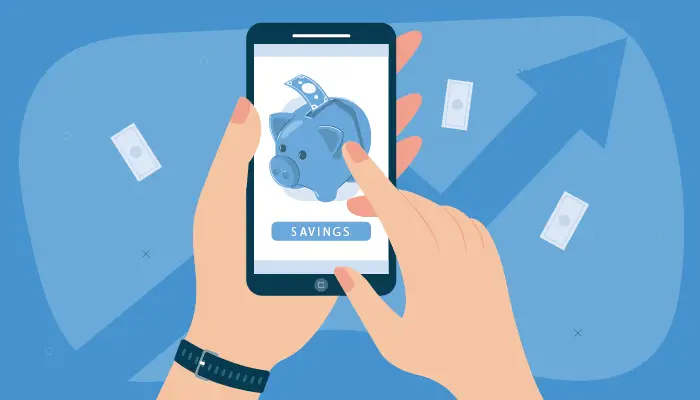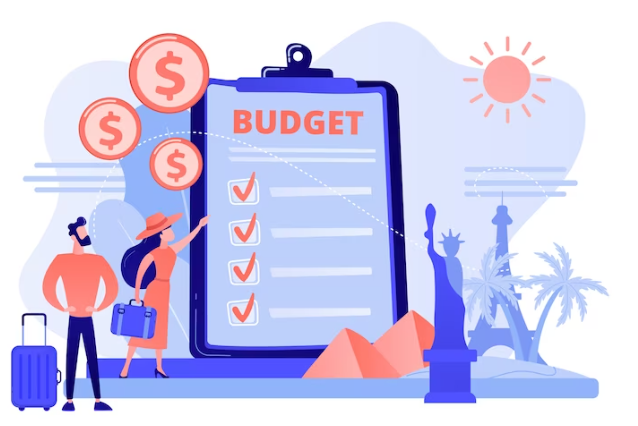
Many people may find saving money to be an overwhelming undertaking, especially during uncertain financial times. Nonetheless, you can reach your financial objectives and develop a seamless saving habit if you have the correct techniques and drive. These are a few practical methods to increase your savings while maintaining your drive.
Establish Specific Financial Objectives

A crucial first step in increasing your savings is to make specific, attainable financial goals. Whether your savings are for an emergency fund, a new automobile, or a dream vacation, having a clear goal in mind will give you the drive and focus you need to save regularly.
Savings can become a fulfilling accomplishment if you have a clear goal in mind for it. When you can see the finished product, saving money gets simpler. Choose an easy access savings account for more instant accessibility. These accounts don’t charge fees for withdrawals, so you can take money out of them whenever you need it.
Put Your Savings in Motion

It’s amazing how much technology can transform the way we save money. By setting up an automated savings plan, you can make sure that some of your income is deposited into your savings account before you have the opportunity to spend it. You may set up automatic transfers from your checking account to your savings account at a lot of banks and financial organizations.
This “out of sight, out of mind” strategy can greatly improve your capacity to save without experiencing financial hardship. Your savings account might grow surprisingly quickly if you set up a little, regular sum each month for automatic savings.
Spend Less and Make Better Choices

Your budget serves as a comprehensive summary of your income and expenses and serves as your financial plan. You can find areas where you could be overspending and redirect those cash toward savings by making a thorough budget.
To determine where your money is going, start by keeping a monthly expenditure log. Divide your costs into two categories: variable (entertainment, eating out) and fixed (rent, utilities). This activity can help you identify wasteful spending and open the door to making better financial decisions.
Cut Down on Unnecessary Expenses

Examining the budget for any superfluous spending comes next once it has been created. Little, unimportant expenditures can gradually pile up and reduce your ability to save money. For instance, instead of getting coffee from a cafe every day, think about making it yourself at home.
It’s not necessary to give up all joys in order to cut back on or eliminate these small indulgences; instead, you only need to learn to prioritize and make better decisions that fit your financial objectives. You can accelerate the process of reaching your goals by putting the money you save by eliminating wasteful spending into your savings account.
Utilize Tools and Apps

There are a plethora of tools and apps available in the modern digital age that can help with cost-saving. You can track spending, set budgets, and receive alerts for unusual activity by using apps such as Mint, YNAB (You Need a Budget), and some capabilities within banking apps.
Additionally, some apps have the ability to round up your purchases to the closest dollar and transfer the difference to your savings account, making regular purchases into simple opportunities to save money. Making use of these resources might provide you the motivation and organization you need to maintain your financial objectives.
Evaluate and Modify Your Plan Frequently

It’s critical to periodically assess and modify your savings plan because your financial circumstances and objectives may change over time. Though frequent evaluations can help determine whether you’re on track or whether changes are necessary, this doesn’t mean you should completely revamp your plan every few months.
Every few months, set aside some time to review your savings and budget plan. At these reviews, acknowledge your accomplishments and, if needed, revise your objectives. Recognizing your accomplishments can give you even more drive to carry on.
Remain Inspired

Sustaining your motivation is essential to successful saving. Monitoring your development not only enables you to observe your progress but also serves as a reminder of the importance of your work. To help you visualize your progress, try utilizing a chart or a savings thermometer.
Giving yourself a reward when you reach particular goals might also help you stay motivated. Just watch out that these incentives don’t throw off your savings strategy and stick to a modest spending limit.
In summary
It doesn’t have to be difficult to save money. You may go a long way toward financial stability by being disciplined, automating saves, budgeting sensibly, eliminating wasteful spending, utilizing practical tools, periodically assessing your plan, and setting realistic goals. When you use these techniques to your everyday finances, you’ll see your savings increase steadily over time.